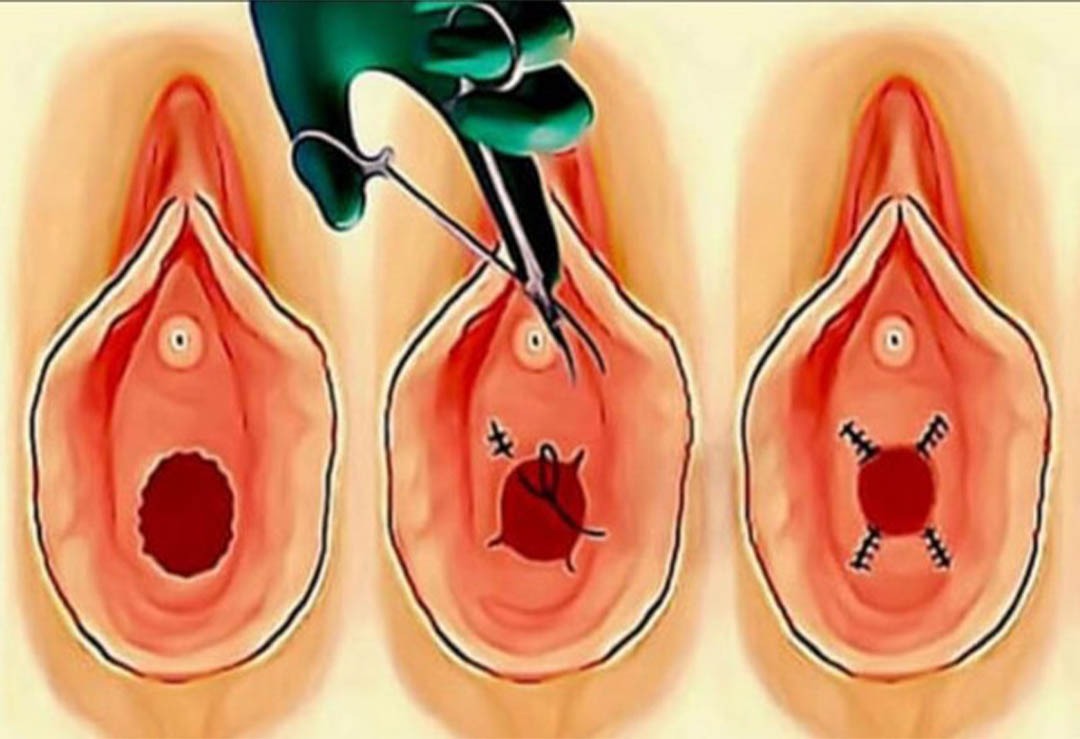Enquire Now
A vaginal tightening specialist, often known as a vaginal rejuvenation specialist, is a medical professional who specializes in procedures and treatments aimed at tightening and rejuvenating the vaginal area. These specialists typically work with individuals who may be experiencing vaginal laxity or related concerns, often due to factors such as childbirth, aging, or medical conditions. Visit Our Clinic Or more info contact us!
Vaginal tightening specialists educate their patients about the benefits, risks, and potential outcomes of various treatments, allowing patients to make informed decisions.
For surgical procedures, specialists provide pre-operative preparation and post-operative care to ensure a smooth recovery process.

symptoms vaginal tightening
Decreased Sexual Satisfaction: Some individuals may experience reduced sexual satisfaction or diminished sensation during intercourse. Thus, This can be due to the loosening of vaginal tissues, which may be caused by childbirth, aging, or other factors.
Vaginal Laxity: Once, Vaginal laxity refers to the feeling of looseness or a lack of tightness in the vaginal area. Firstly, This can be a concern for some women, especially after giving birth.
Urinary Incontinence: Weakened pelvic floor muscles can lead to urinary incontinence, where a person involuntarily leaks urine. Vaginal tightening procedures may help improve this condition by strengthening the pelvic muscles.
Vaginal Dryness: Vaginal dryness is a common symptom of menopause, and it can lead to discomfort and pain during intercourse. Some individuals may seek vaginal tightening procedures to address this issue.
Cosmetic Concerns: Some people may seek vaginal tightening for cosmetic reasons. They may wish to improve the appearance of their genital area.
Treatment Options:
Vaginal tightening specialists offer a range of treatment options, including:
Surgical Procedures: These may include vaginoplasty (vaginal tightening surgery) or labiaplasty (reshaping of the labia).
Non-Surgical Procedures: Specialists may offer non-invasive or minimally invasive treatments such as laser therapy, radiofrequency treatments, or the use of vaginal rejuvenation devices.
Physical Therapy: In some cases, specialists may recommend pelvic floor physical therapy, which includes exercises and techniques to strengthen the pelvic floor muscles.
Treatment :
Vaginoplasty: Vaginoplasty is a surgical procedure that involves tightening the vaginal muscles and supporting tissues. It’s typically performed for medical reasons, such as addressing vaginal relaxation after childbirth or addressing issues like stress urinary incontinence.
Laser Therapy: Some medical spas and clinics offer laser therapy for vaginal tightening. This non-surgical procedure uses laser energy to stimulate collagen production in the vaginal tissues, resulting in improved tightness and elasticity.
Radiofrequency Therapy: Radiofrequency treatments use controlled thermal energy to stimulate collagen production and tighten vaginal tissues. This non-invasive procedure is often referred to as “vaginal rejuvenation.”
Topical Treatments: Some topical creams, gels, or ointments claim to help with vaginal tightening. However, their effectiveness may vary, and it’s essential to consult with a healthcare professional before using such products.
risk factors
Infection: Any surgical procedure carries a risk of infection. Proper pre-operative and post-operative care can help minimize this risk.
Bleeding: There may be some bleeding during and after the procedure. Excessive bleeding can lead to complications and may require additional treatment.
Pain and Discomfort: Patients may experience pain and discomfort after the procedure. Pain management and following post-operative instructions are essential to alleviate these symptoms.
Scarring: Vaginal tightening surgery may result in scarring. The extent of scarring can vary depending on the surgical technique used and individual healing processes.
Changes in Sensation: Some women may experience changes in vaginal sensation, which can include reduced sensitivity or altered sexual response.
Urinary Incontinence: In rare cases, vaginal tightening procedures can lead to urinary incontinence, where a person may have difficulty controlling their urine flow.
Vaginal Dryness: Some women may experience increased vaginal dryness after the procedure, which can lead to discomfort during sexual intercourse.
Nerve Damage: There is a risk of damaging nearby nerves during the procedure, which could lead to sensory or motor deficits in the area.
Risks and Side Effects
Any medical or cosmetic procedure carries potential risks and side effects. Surgical procedures like vaginoplasty involve anesthesia and recovery time. Non-invasive treatments can have milder side effects, but it’s still essential to discuss these with your healthcare provider.
The recovery time will depend on the type of treatment. Surgical procedures typically require more extended recovery periods than non-invasive options. Follow your healthcare provider’s post-procedure instructions carefully.
